Titanium tubes have proved to be a game-changer in the world of engineering and manufacturing, providing great strength, impressive thermal properties, and corrosion resistance. These key characteristics have allowed titanium to find use and propel innovation in the way design, construction, and operations are handled in many industries.
Types of Titanium Tubes
There are varying types of titanium pipes, primarily differing on the design and intended application. Welded titanium tubes are made by soldering together two or multiple titanium plates or sheets to create tubing that can be used in hydraulic systems and condensers. Seamless titanium pipes are made from a solid piece of titanium that has been pierced and shaped through processes such as extrusion and rolling. It results in a smooth and uniform surface that's resistant to fatigue and corrosion. Titanium alloy pipes are crafted from a combination of titanium and other materials like nickel, aluminum, and vanadium. Compared to a pure titanium tube, these have improved strength, heat, and corrosion resistance. Capillary titanium tubes feature a small diameter, usually less than 1mm, and are designed for applications that require fluid control, such as chromatography, medical devices, and analytical instruments. Heat exchanger pipes are specifically designed for heat transfer purposes, like in refrigerators. As such, they have enhanced thermal conductivity and are usually made from pure titanium or titanium alloys.
Applications of Titanium Tubes
Titanium tubing has been used in many industries for the past several decades thanks to its appealing properties. These tubes are especially prevalent in the automotive industry. Titanium pipes for exhaust systems have high-temperature resistance, and combined with the material's lightweight nature, they improve the overall performance of a car. The pipes are also used in aircraft structures, engine parts, hydraulic systems, and landing gear in the aerospace industry. They have a high strength-to-weight ratio, which allows for robust construction, increased payload capacity, and fuel efficiency. Gas and oil factories constantly deal with high-pressure gases and fluids that can easily crack the pipes if the proper materials are not used. Titanium stands as a great choice as it keeps its strength strong. The material is also resistant to corrosion, making it a suitable option for piping used on offshore or downhole drilling machines. The pipes also find use in industries that deal with acidic solutions and hazardous chemicals that can lead to corrosion. Lastly, their non-toxic nature and biocompatibility have made them a popular choice for orthopedic surgeries, like joint replacements, where they act as implants for bone fixation and parts of prosthetic devices. In addition, they can be used in dental implants, cardiovascular stents, and other surgical instruments.
How to Choose Titanium Tubes
Selecting titanium piping for a given application calls for careful consideration of various factors. The pipes come in various material grades, each with varying characteristics. As such, it's imperative to factor in the specific requirements of the application to pick a grade with the desired strength, heat resistance, and corrosion resistance. The type of tube is another important aspect. Welded pipes are suitable for less demanding tasks, but when it comes to critical or high-pressure applications, seamless tubes are necessary.
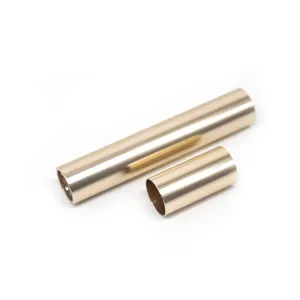









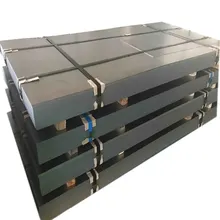

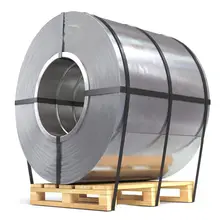


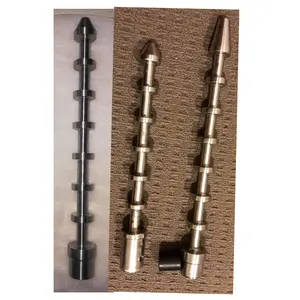
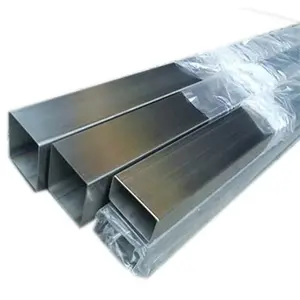

















 浙公网安备 33010002000092号
浙公网安备 33010002000092号 浙B2-20120091-4
浙B2-20120091-4